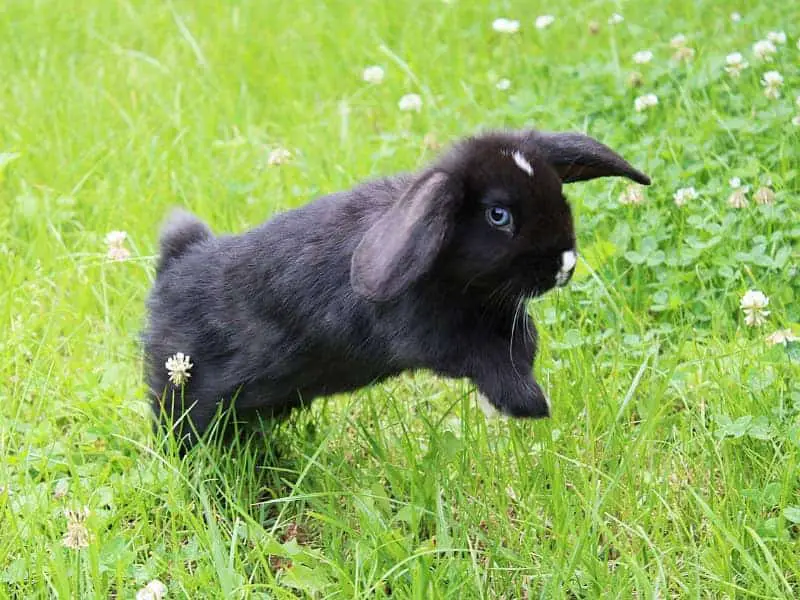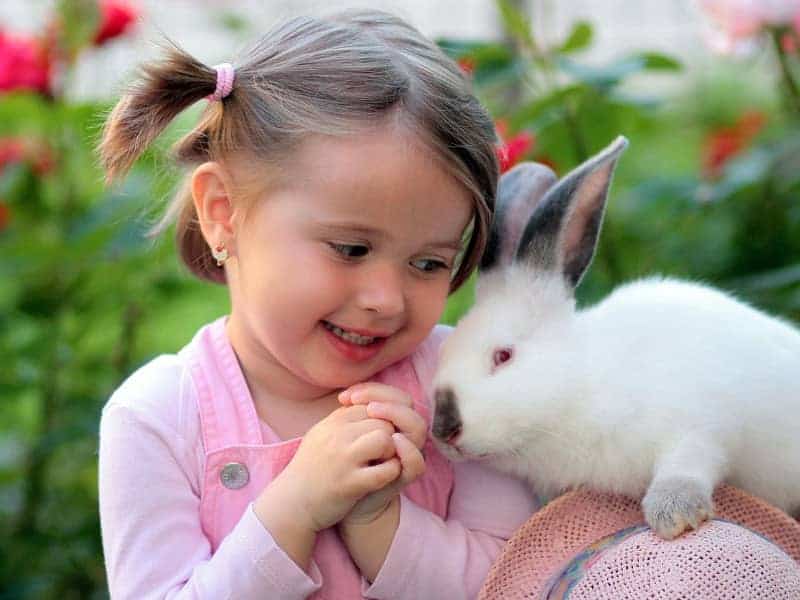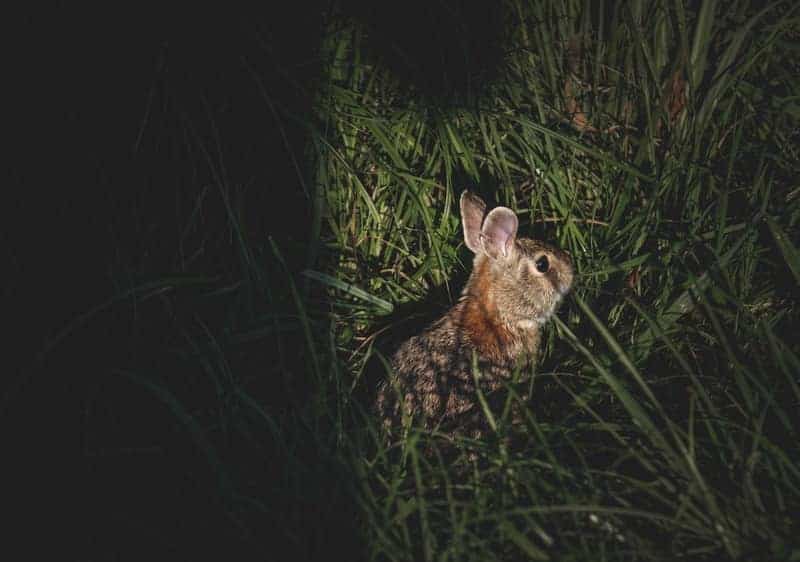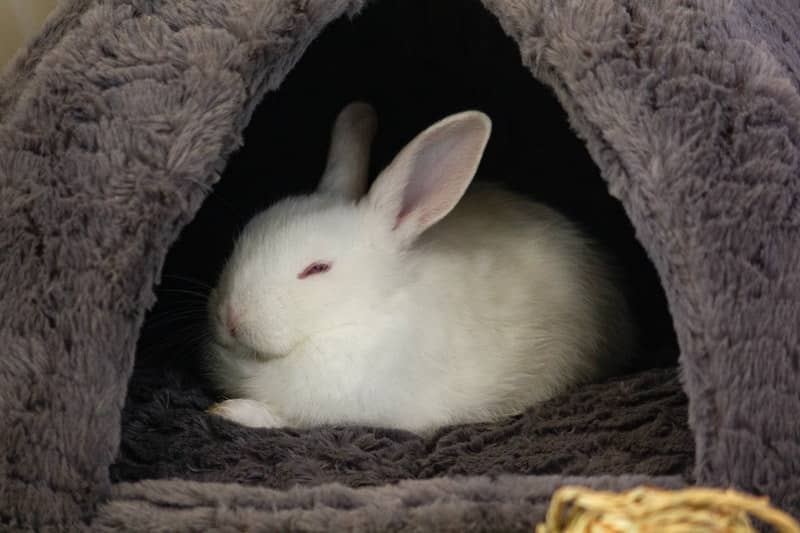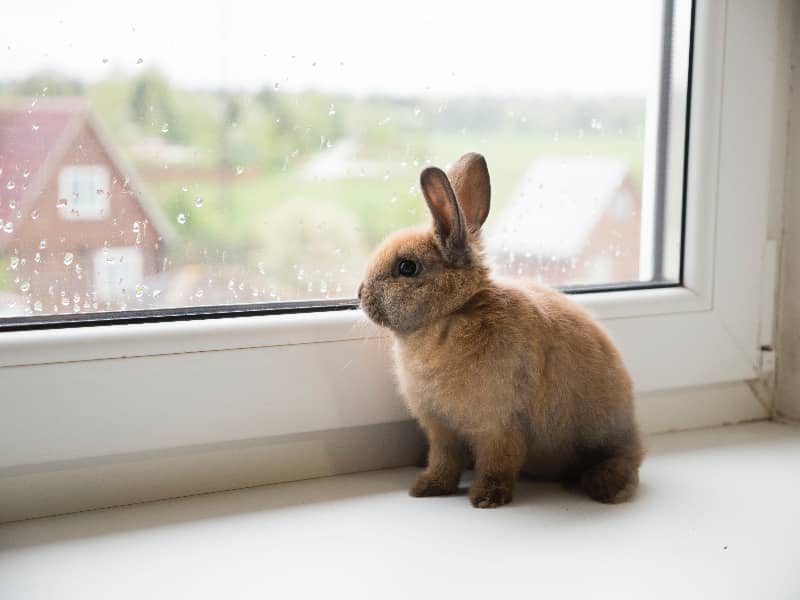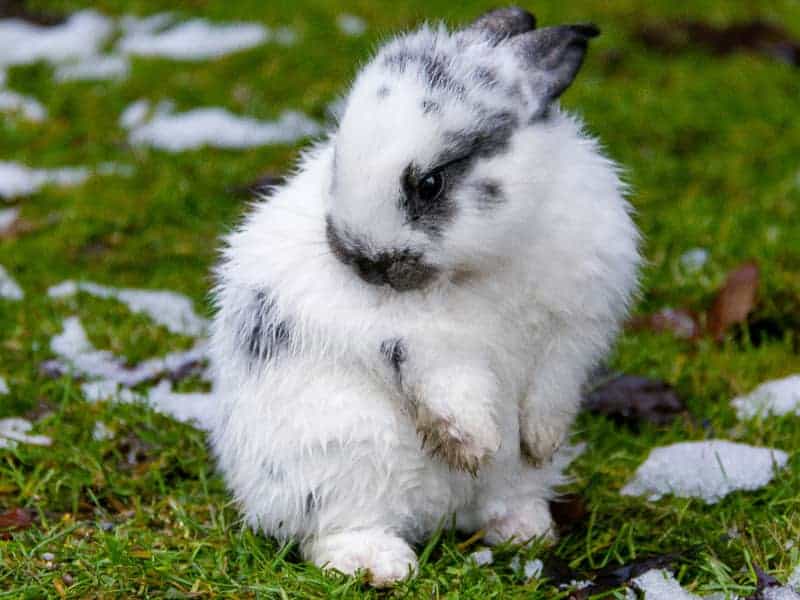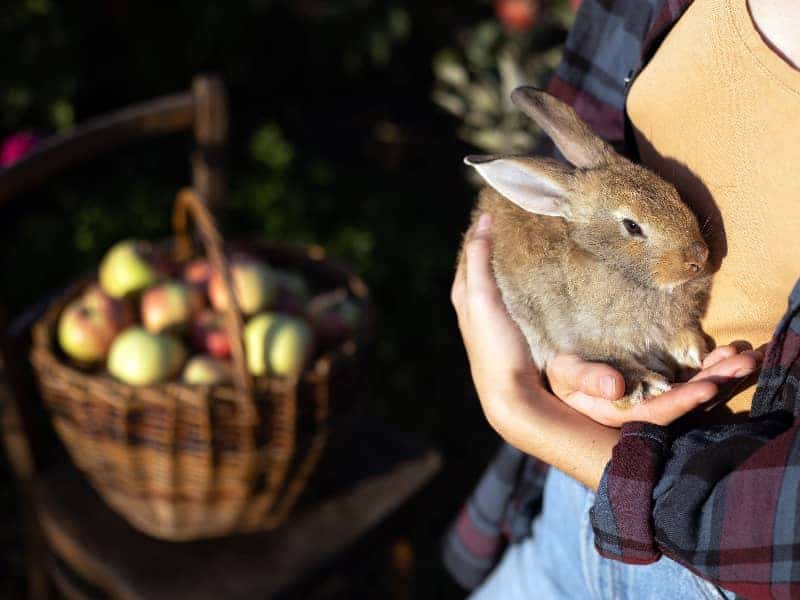
Are rabbits allowed to eat pears?
Hello, dear animal lover! I am very pleased that you are interested in how best to feed your little hoppers. This is an important topic, because a balanced and species-appropriate diet is crucial for the health and well-being of your rabbit. But first, let's address an exciting question: Are rabbits allowed to eat pears?
The short answer is yes, but in moderation. But as with many things in life, the devil is in the details. Let's dive deeper together!
- Are rabbits allowed to eat pears?
- Pears: A sweet seduction
- The problem with sugar
- A question of quantity
- Proper feeding techniques
- What about pear skins?
- What about other fruits?
- A balanced diet for rabbits
- The importance of water
- What happens when a rabbit eats too much fruit?
- The importance of gradual feed introduction
- Are dried pears safe for rabbits?
- The role of movement
- Conclusion - Are rabbits allowed to eat pears?
Pears: A sweet seduction
Pears are a tempting fruit. They are sweet, juicy and offer a great texture. Not to mention they are rich in vitamins, like vitamin C and K, as well as important minerals like potassium. So for us humans they are a healthy option, but is the same true for our rabbits?
The good news is that rabbits can eat pears. They love the sweet taste and can benefit from the nutrients the fruit provides. But as with so many things in life, caution is advised. Not everything that tastes good is good - at least not in large quantities.
The problem with sugar
The main problem with pears (and fruit in general) for rabbits is the high sugar content. Rabbits are actually designed to process a diet that is high in fiber and low in sugar. Their main food source in the wild is grasses, forbs, and occasionally roots or tubers. A diet rich in sugar can lead to several health problems in rabbits.
Too much sugar can lead to obesity in rabbits, which in turn can cause a number of other health problems, including cardiovascular problems and joint problems. In addition, too much sugar can upset the delicate balance of bacteria in rabbits' intestines, which can lead to digestive problems, including life-threatening conditions such as bloat and diarrhea.
A question of quantity
So, does this now mean that rabbits should not eat pears at all? Don't worry, it's not that drastic. It's perfectly fine to give your rabbit a small amount of pear occasionally. They can be a tasty treat and add variety to your rabbit's diet.
The key words here are "occasional" and "small amount". As a general rule, fruit (including pears) should not exceed 10 % of your rabbit's daily diet. A small piece of pear per day or a few pieces per week is perfectly fine.
Proper feeding techniques
If you decide to feed your rabbit pear, there are a few things to keep in mind. First, make sure the pear is ripe, but not overripe or even rotten. Second, remove the stem, seeds and core as they are not safe for rabbits. Third, wash the pear thoroughly to remove any pesticides or contaminants before giving it to your rabbit.
It is also important to mention that you should never force your rabbit to eat something it does not like. If your rabbit doesn't seem to like the pear, don't force it. There are many other healthy snacks you can offer your rabbit, such as carrots, celery and parsley.
What about pear skins?
Some people wonder if it is safe to feed their rabbit pear skins. In fact, pear skins are high in fiber and are safe to feed as long as they are thoroughly washed and free of pesticides. They can be a good addition to the otherwise sugary fruit.
What about other fruits?
Pears are not the only fruit you can offer your rabbit. Apples (without seeds), strawberries and blueberries are also safe options as long as they are fed in moderation. And as with pears, the same applies here: Fruits should always be thoroughly washed and cleaned of stems and seeds before feeding them to your rabbit.
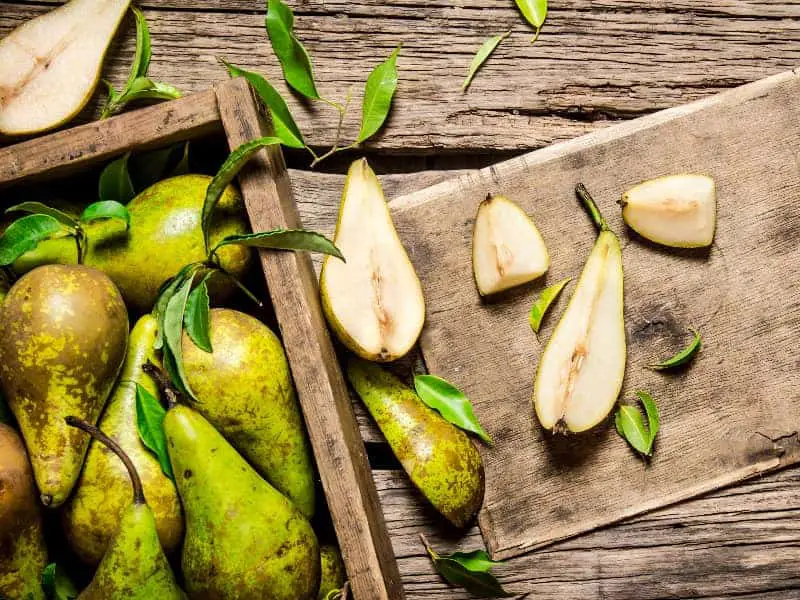
A balanced diet for rabbits
In order to provide your rabbit with the best diet possible, you should make sure that their diet is balanced. A rabbit's main food source should be grasses and hay, which they should have available at all times. Fresh vegetables such as cabbage, broccoli and carrots are also important and should be offered daily. Additionally, special rabbit food from specialty stores can contribute to the diet. As mentioned earlier, fruit should only be given as a treat in moderation.
The importance of water
In addition to food, water is critical to your rabbit's health and well-being. Rabbits should always have access to fresh, clean water. Be sure to clean your rabbit's water dish daily and change the water regularly to ensure it is always clean and free of contaminants.
What happens when a rabbit eats too much fruit?
If your rabbit is eating too much fruit - and therefore too much sugar - the first signs of an unhealthy diet may be showing. These can range from minor digestive problems, such as bloating and diarrhea, to more serious problems. An extreme example is the so-called rabbit enterotoxemia, a serious and often fatal intestinal disease caused by malnutrition and a resulting harmful change in the intestinal flora.
The importance of gradual feed introduction
Whether it is pears or another new food, it is important that you introduce it gradually into your rabbit's diet. A sudden change in diet can cause digestive problems in rabbits. Start with a small amount and watch how your rabbit reacts. If he tolerates the new food well, you can slowly increase the amount.
Are dried pears safe for rabbits?
Dried pears can also be an option, but be careful because they contain a concentrated amount of sugar. Therefore, they should be fed even more sparingly than fresh pears. They could be a convenient alternative if fresh pears are not available at the moment, but make sure they don't contain extra sugar or preservatives.
The role of movement
In addition to proper nutrition, regular exercise plays an important role in your rabbit's health and well-being. Exercise helps prevent obesity and keeps your rabbit's digestive system running smoothly. Make sure your rabbit has plenty of room to hop and run, and provide toys or activities that encourage him to move.
Conclusion - Are rabbits allowed to eat pears?
To sum up: Yes, rabbits can eat pears. But as with so many things, moderation is key. A small amount of pear can be a tasty and healthy addition to your rabbit's diet, as long as it does not exceed 10 % of the total diet.
And always remember: a rabbit's main food source should always be hay, supplemented with fresh vegetables and special rabbit food. Fruits, including pears, should be considered only as a treat, not as the main food source.
Author

-
Garden animal - A life with nature
Welcome to my animal blog! My name is Dirk and I am happy to take you on my journey through the fascinating world of animals and gardening.
Born 54 years ago, I have had an insatiable curiosity for the animal world around me since childhood. Although I have moved professionally in other industries, my true passion has always been animals and nature. It is remarkable how a small garden has become such an important part of my life.
Many of my fondest memories are associated with the animals that share our home. Whether it's the curious squirrels that scurry across the trees in the morning, the colorful variety of birds that visit our feeders, or the busy bees and butterflies that pollinate our flowers, every moment with them is invaluable to me.
This blog is my contribution to share my experiences, discoveries and insights with like-minded people. Here I will share stories of unforgettable encounters with animals, give tips on gardening and creating wildlife-friendly habitats, and take you on my journeys through nature.
Thank you so much for being here!
Cordial,
Dirk aka garden animal
Last posts
- 27. February 2024PetsVeganes Hundefutter – Grün und Gesund?
- 18. January 2024ChickensOregano für Hühner
- November 27, 2023HamsterDiurnal hamsters
- November 24, 2023HamsterHamster hammock

